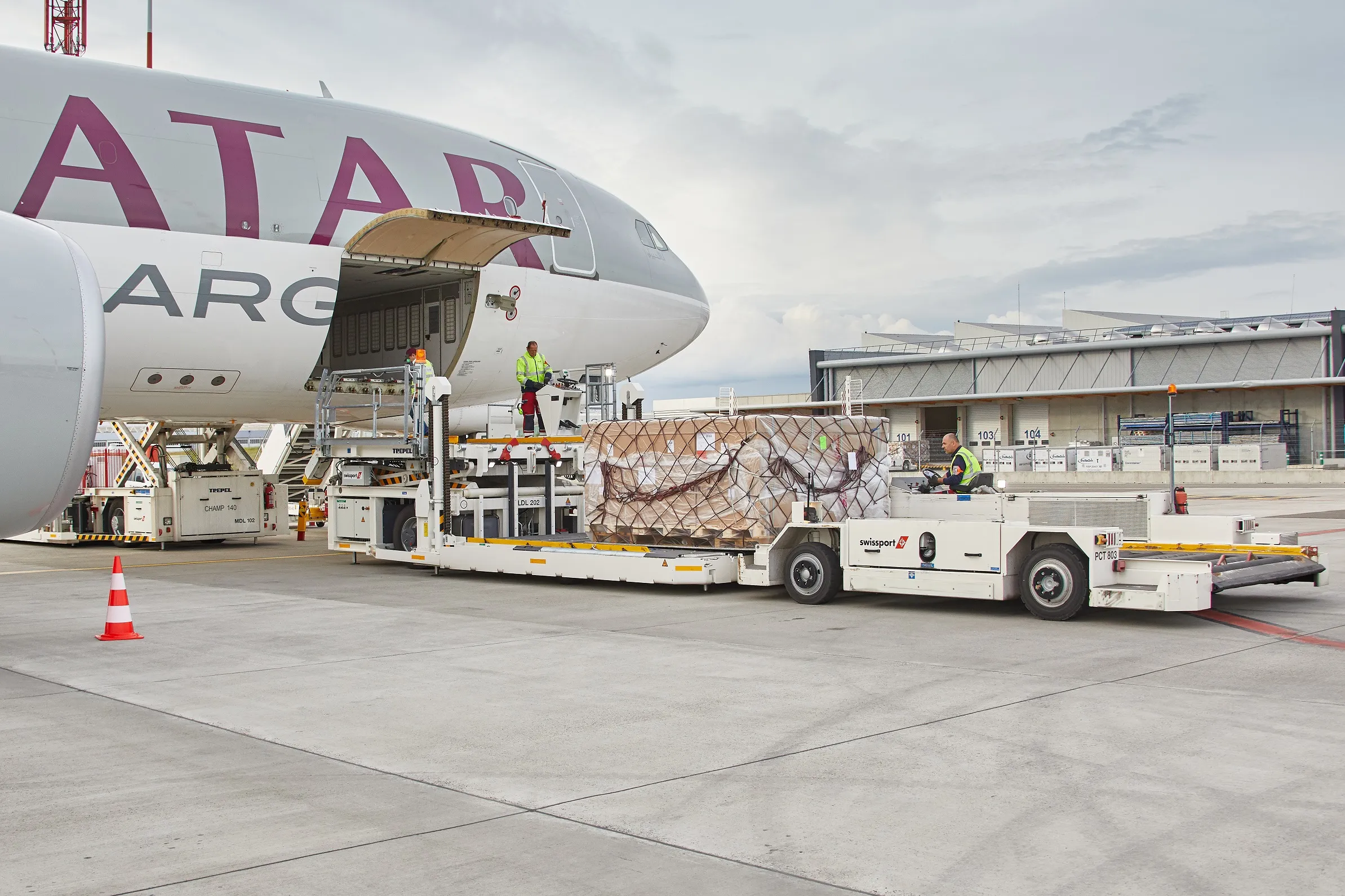
The government needs to act swiftly to alleviate a looming crisis at the Jomo Kenyatta International Airport by allowing temporary permits for freighters to fill the gap, currently estimated at 800 tonnes, and consider wet leasing of cargo airlines. (Wet leasing involves paying to use an aircraft with crew, fuel, and insurance for a short period.)
“The situation is so dire that some farms are stocking flowers up to 3 days to deliver them after 2 or more days to the airport. “ It’s so hard and painful having persevered a heavy rainy season that inflicted most farms with downy mildew and other mega losses and just when we are recovering and production is gearing up, we are are yet again facing another airfreight crisis. The business is really suffering”, stated a concerned grower. “Someone must sort this out, the industry organisations, KFC, FPEAK and FPC must act swiftly and engage the government”, he added.
The reduction in capacity has driven up airfreight costs from $2.3 per kilogram to between $3.57 and $3.6 per kilogram, as demand for cargo space increases during the peak season. This is too high compared to our neighbours Ethiopia who pay an average of 2.5 dollars, almost a dollar lower.
The situation at the JKIA is worse with over 800 tonnes less than the same week last year. This results in delayed delivery, loss of markets, and affects the shelf life of the products, resulting in huge losses. The government should consider temporary approval of freighters to fill the gap.

Kenya has no binding agreement with most airlines that require them to serve the Kenyan market. This has resulted to several international airlines withdrawing their freight services from Jomo Kenyatta International Airport (JKIA) in favor of “better pay” in other markets especially US and China ahead of the festive season. This has severely affected the horticultural sector. Some of the key international cargo carriers to have either scaled down or withdrawn are Qatar Airways, Turkish Airlines, and Magma Aviation. This has resulted into delays, increased costs, and reduced cargo capacity. The export market for fresh produce, particularly flowers, has been disrupted, with significant drops in available capacity.
Seafreight and long storage is an option but growers need to make sure they manage their processes well in addition to the red sea crisis.
The logistics crisis at JKIA is leading to rollovers of 200-300 tonnes of fresh produce, which could negatively impact Kenya’s exports, particularly to Europe, the country’s key export market for flowers and vegetables. This is crucial for Kenya’s agricultural economy, which the government cannot overlook or just wish it away as we depend heavily on horticulture, a sector that generated KSh157 billion ($1.21 billion) in export earnings in 2023. Without immediate intervention, the country risks significant losses in the global export market, where Kenya holds a 12% share of global fruit exports and 6% share of global vegetable exports.
